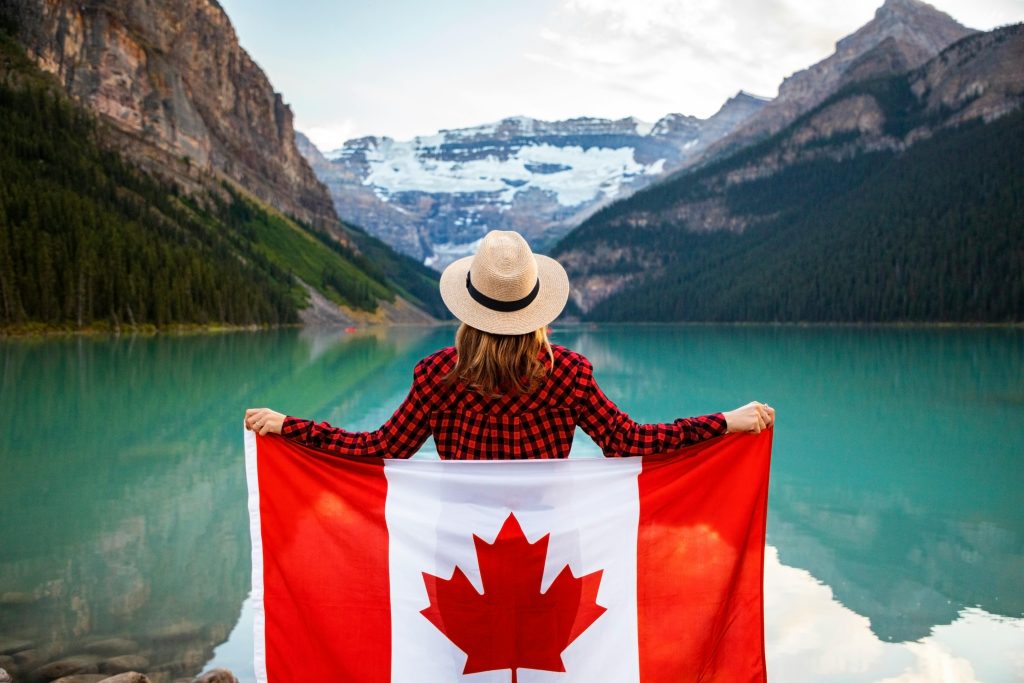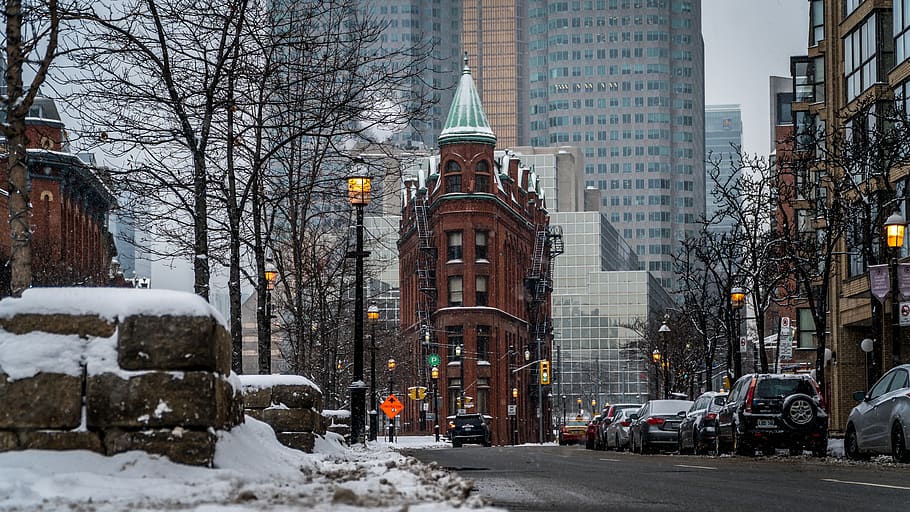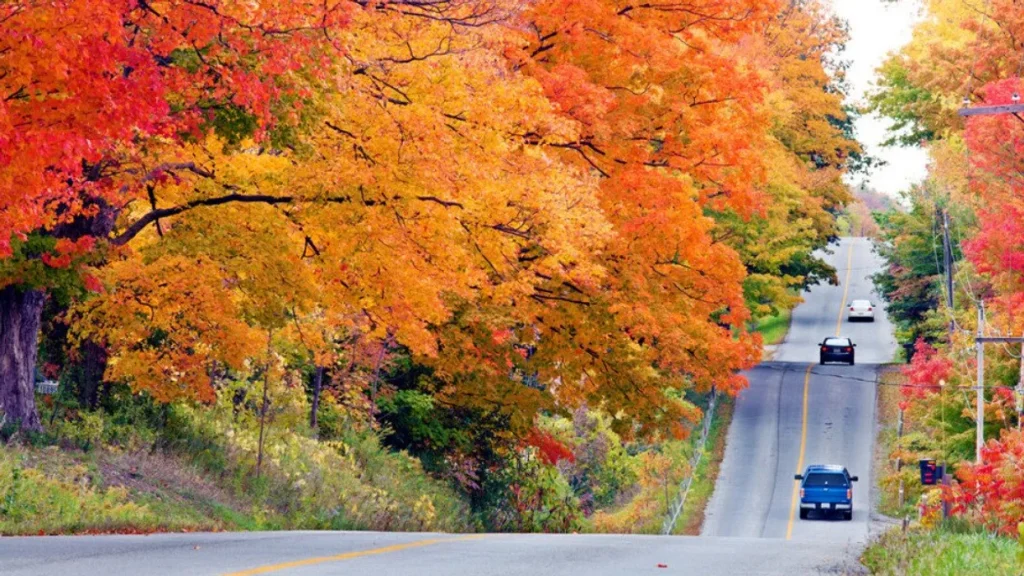Remembrance Day, observed annually on November 11, is a day for Canadians to honor the sacrifices made by members of the armed forces who have served Canada in times of war, conflict, and peace. At the heart of this observance is the memory of those who gave their lives for the country’s freedom and peace, remembered through a series of traditions, ceremonies, and symbols.
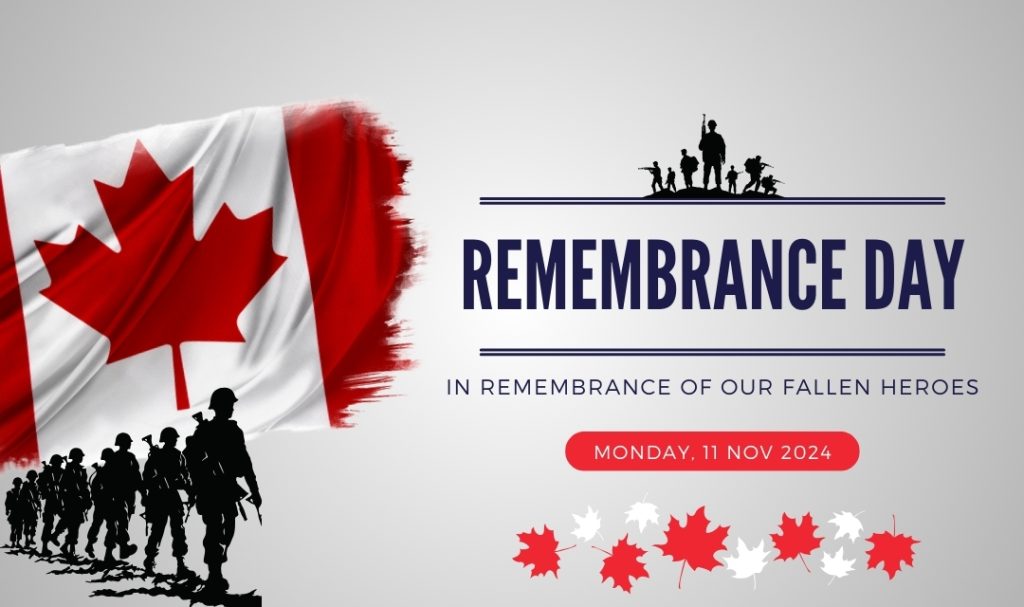
Origins and Significance
Remembrance Day commemorates the end of World War I, marked by the armistice signed on November 11, 1918. The day grew to honor not only WWI veterans but all Canadian military personnel who served and continue to serve. The two minutes of silence at 11:00 a.m. on November 11 across Canada symbolizes national reflection on the bravery and sacrifice of these individuals.
The Poppy: A Symbol of Remembrance
The red poppy, inspired by the poem In Flanders Fields by Canadian physician Lieutenant-Colonel John McCrae, has become an iconic emblem of remembrance. Each year, the Royal Canadian Legion organizes the Poppy Campaign, which raises funds to support veterans and their families. The poppies are distributed widely across Canada, encouraging Canadians to wear them in tribute.
The National Remembrance Day Ceremony
The central Remembrance Day ceremony takes place at the National War Memorial in Ottawa, organized by the Royal Canadian Legion. This event includes the laying of wreaths, a solemn parade of veterans, and a flypast to honor fallen service members.
In addition to Ottawa’s ceremony, communities across Canada hold local services, ensuring that the legacy of veterans is honored nationwide.
This year, the 100th anniversary of the Royal Canadian Air Force will be marked with a special flypast, symbolizing a century of dedication and service by Canadian airmen and airwomen. Nationwide, Canadians are encouraged to join in these ceremonies in person or tune in online through broadcasts or streaming.
Remembering Beyond the Day
While Remembrance Day is the primary occasion to honor veterans, efforts to support and remember these individuals continue year-round. The funds from the Poppy Campaign, held in trust, provide critical services for veterans, including mental health support, financial aid, and housing.
Canadians also pay respects through various initiatives, such as the Poppy Stories project, which shares personal stories of veterans to deepen the connection between Canadians and their history.
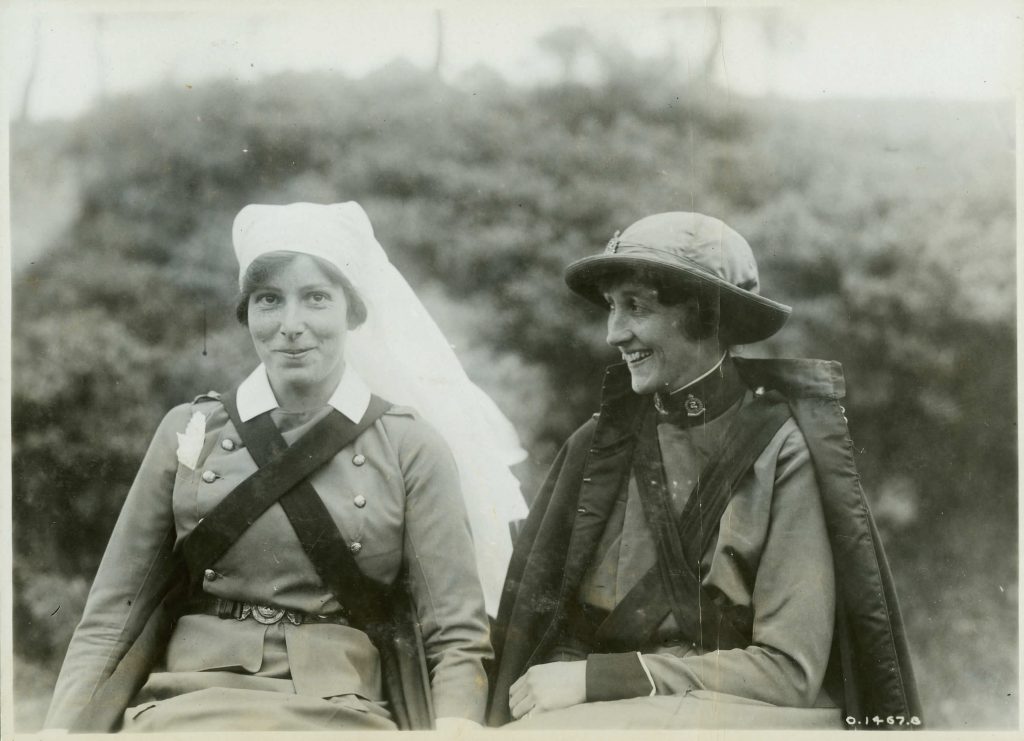
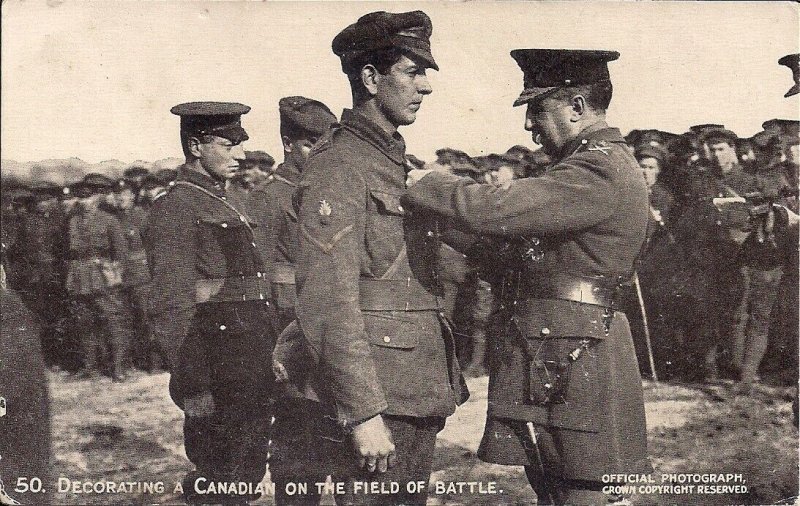

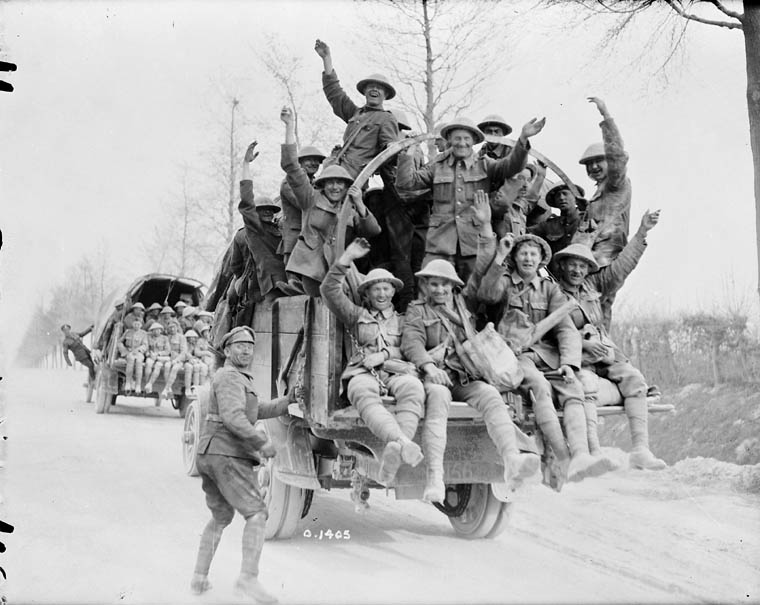
How Canadians Can Participate
Canadians can participate by attending ceremonies, wearing a poppy, and observing a moment of silence. Even small gestures, such as sharing stories or learning about Canada’s military history, help keep the memories of these sacrifices alive.
Through these actions, Canadians express a collective gratitude that reinforces the significance of freedom, peace, and the resilience of those who protect it.
Remembrance Day remains an integral part of Canadian identity, providing a vital connection to the past and reminding all Canadians of the courage and dedication of those who served.

